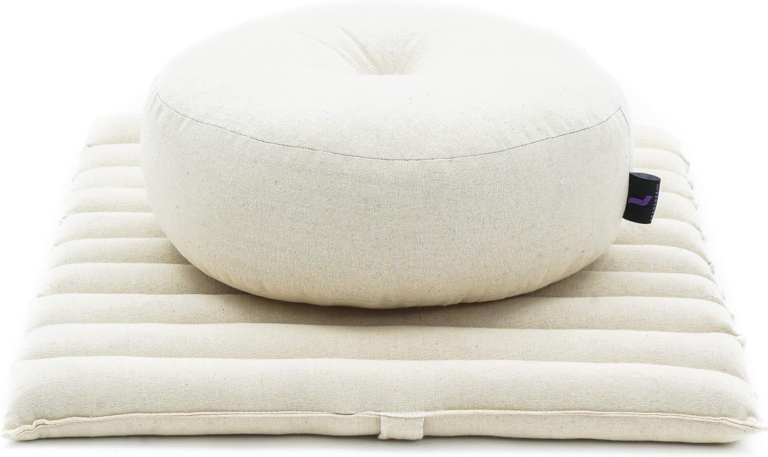Devaluation as a Way of Life
Namaste, everyone! Today, I want to share my personal experience with “self-devaluation.” I believe many of you are familiar with this phenomenon to some extent. For some, it’s a constant companion in life, while for others, it’s more of an occasional state of mind.

In my case, “devaluation” has followed me since childhood when my parents would compare my achievements to those of other children, and, of course, I would never measure up to their ideal. All my successes in school or extracurricular activities were diminished by just a few careless words. I must admit, it took me an eternity to stop blaming my parents for their mistakes. Now that I’m a mother myself, it’s much easier to understand—they were just ordinary people with their own childhood traumas and blocks.
Even as an adult, this “devaluer” lived within me. And even if no one else was devaluing my achievements, I would do it myself, replaying that painfully familiar pattern. This inner critic prevented me from enjoying life for years. It’s interesting to note that I would always perceive my husband’s words of support as something unnatural, thinking he was either joking or exaggerating—that’s how deeply devaluation had penetrated my being.
Even the most magical moments of motherhood were overshadowed by a constant feeling that I wasn’t doing enough, telling myself: “Other moms manage to work too,” “Other moms cook ten dishes for their kids,” “They even manage to clean the house and spend time with their husbands,” and so on, endlessly. Now, I’m certain that being a mom is one of the most challenging and important jobs!
So, how do we break this vicious cycle and escape from constant self-deprecation?
Beyond the Obvious Advice to See a Therapist, Here Are Some Effective Methods That Helped Me:
- Acknowledge the Problem: The first step toward resolving any issue is recognizing that you are indeed devaluing your achievements. Write down instances when you catch yourself doing this, and reflect on why it happens.
- Keep a Success Journal: Start a journal where you record your achievements, both big and small. This will help you visualize your successes and appreciate them more.
- Stop Comparing Yourself to Others: Remember that everyone has their own path and their own pace for reaching their goals. Comparing yourself to others can diminish the value of your own accomplishments.
- Celebrate Your Wins: Take the time to celebrate your successes. It could be something simple like a visit to your favorite café or an evening of relaxation.
- Seek Feedback: Ask friends or loved ones to share their thoughts on your achievements. Positive feedback from others can help you see your successes from a different perspective.
- Analyze Your Journey: Periodically, take a step back and analyze your journey. Acknowledge the effort and hard work you’ve put into your accomplishments. Compare yourself to who you were days, months, or even years ago.
- Practice Gratitude: Regularly express gratitude to yourself for what you’ve done and for your achievements. This can be through meditation or journal entries.
Breaking the habit of devaluing your achievements is a process that takes time and effort. But if you’re truly interested in improving your quality of life and personal growth, you’ll make this journey without looking back. The “devaluer” will continue trying to drag everything down, but remember why (and more importantly, for whom—you) you’re doing this, and keep moving forward.
I’d love to hear your thoughts—have you ever struggled with devaluing your own achievements? What strategies have helped you overcome it? Let’s share our experiences and support each other on this journey!
Anastasia Holistic Sage🌿







This is an extraordinary act of self-courage that sets a phenomenal path way to overcame this issue. I think to some extend we all can relate to it. It’s no ones faults but our own ignorance that triggers devaluation. However, it is difficult to learn about this since in our text book nothing is said about it.
Thanks for sharing, it was really helpful.
Joseph, thank you so much for your feedback. I’m really glad that what I wrote resonated with you. I’m sure this is a common problem. Have you ever experienced devaluation? If so, how did you deal with it?
Certainly, and I have played both roles, experiencing devaluation and “devaluating” someone else (many times unintentionally). It’s a complex issue since everyone has different sensitivity on self-impact. For me, what has worked is the deep understanding that God loves us just the way we are. There’s no need to compete since our intrinsic value sources from the fact that we are God, who is experiencing Himself in us. This is an experience so it’s, in many instances, hard to relate to.
Joseph, your perspective is definitely mature and wise. Thank you so much for sharing!